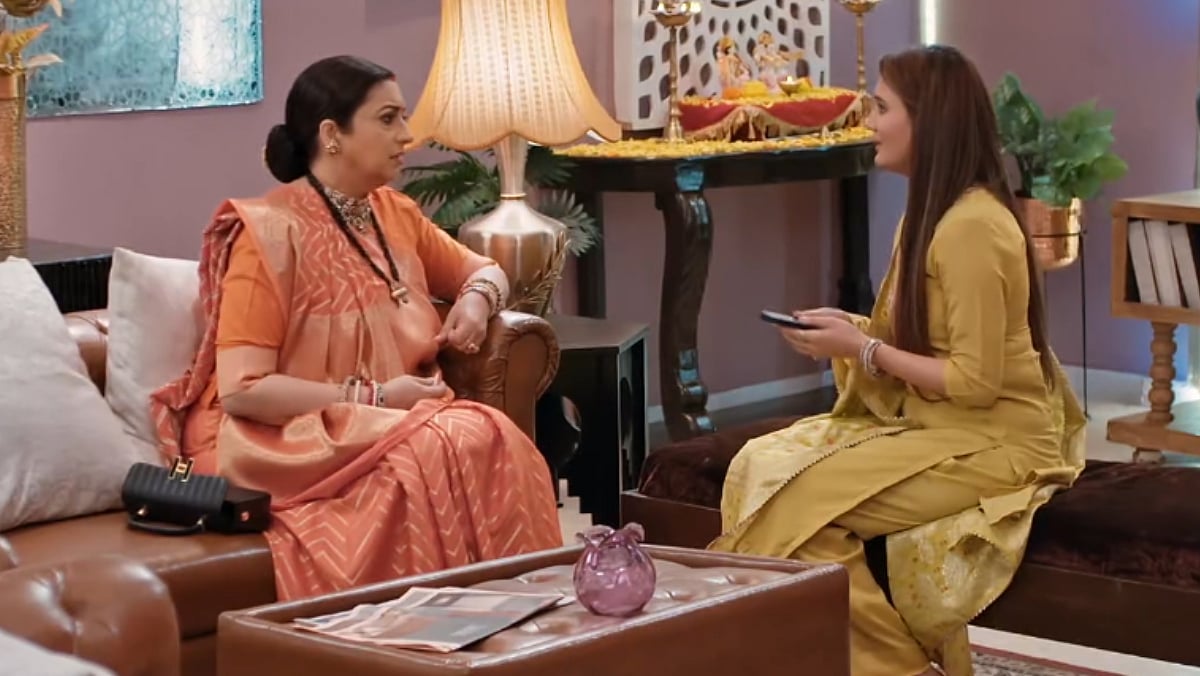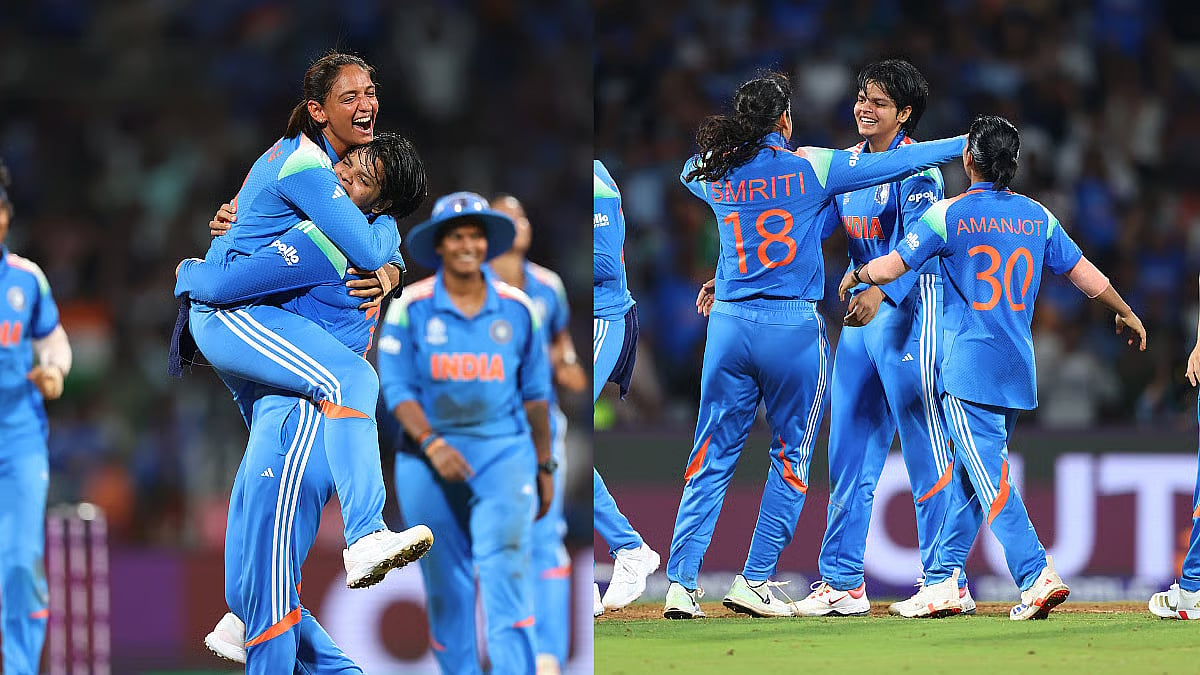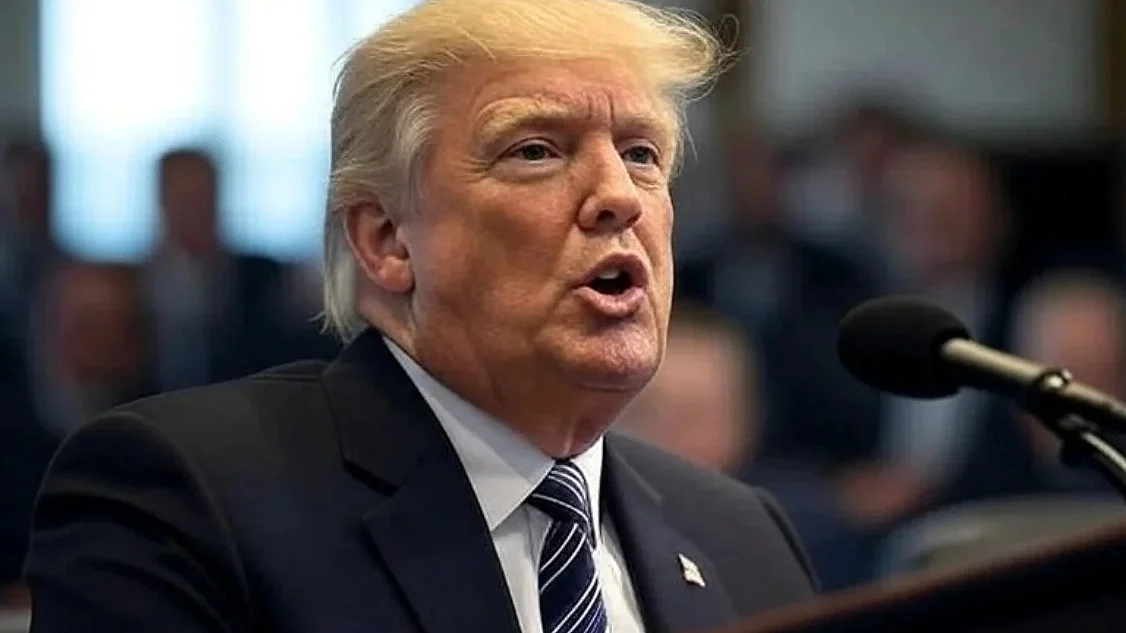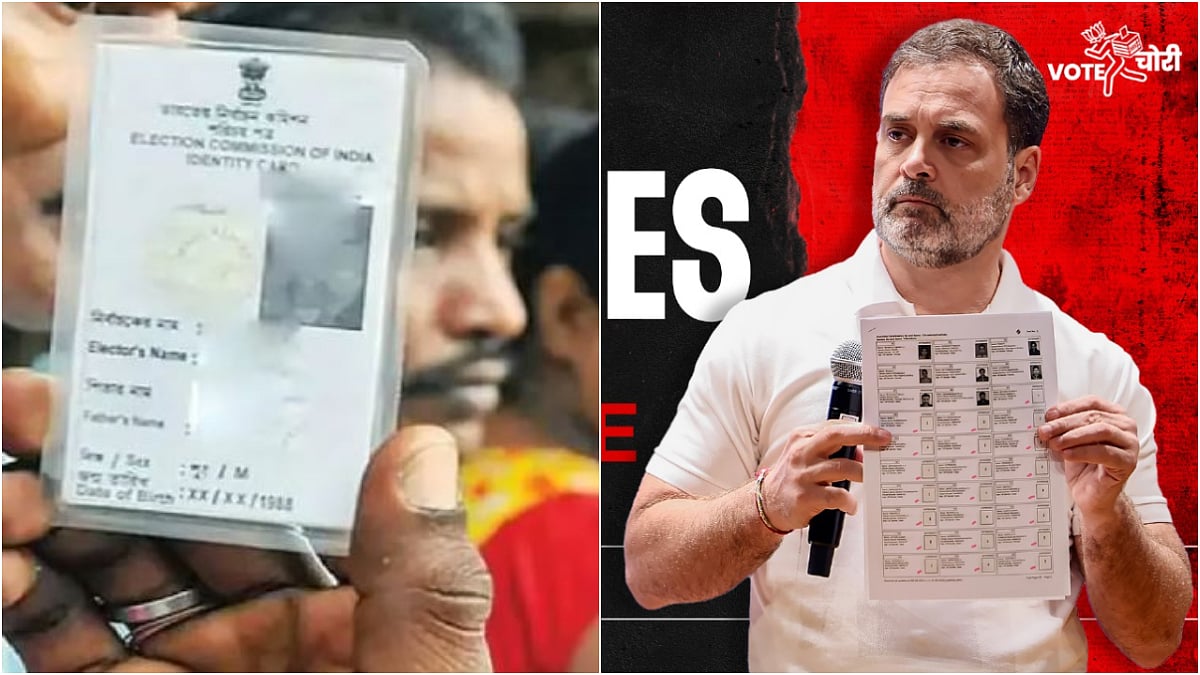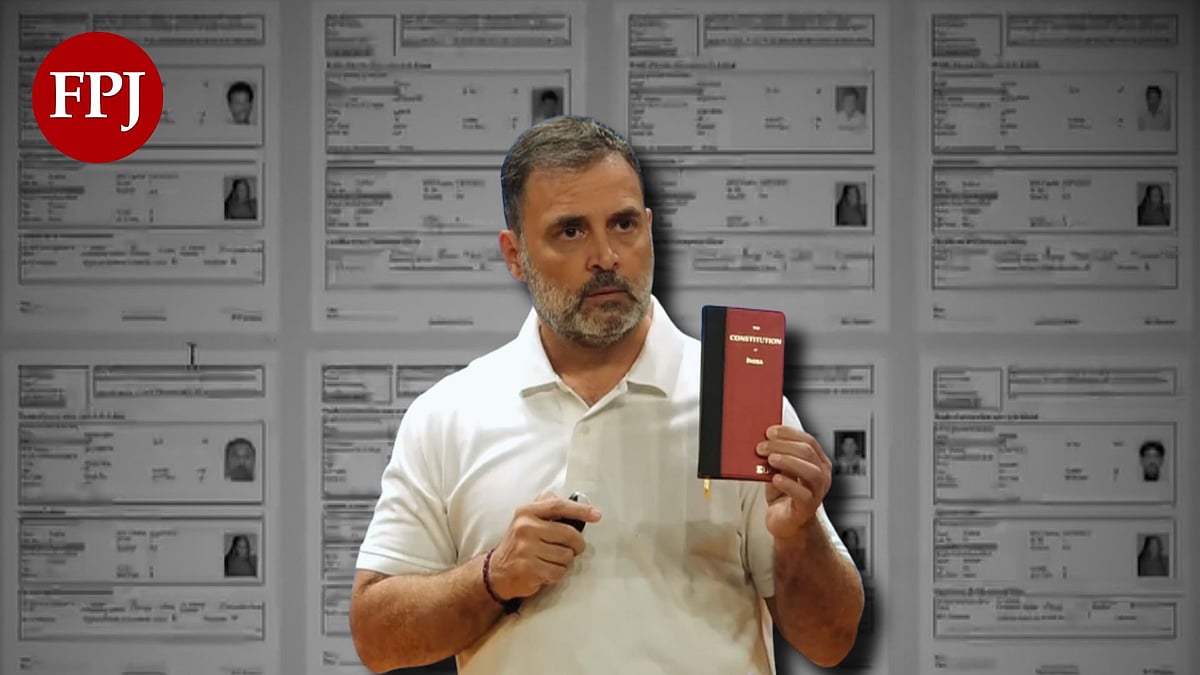One of the most distressing aspects of the incident in which the Bharatiya Janata Party was forced to take action against two of its leaders Nupur Sharma and Naveen Jindal is that it all happened in a news-channel discussion. That raises another question, why no action was taken against the channel authorities who allowed the impugned discussion to take place. It is not that the unacceptable comments made against the Prophet Mohammed had gone unnoticed. In fact, it caused outrage on social media and many people condemned it. Worse, it even led to riot-like situations in some places in Uttar Pradesh. The party’s action against the duo would have carried greater conviction with the masses if it was taken promptly. Alas, the BJP reacted only after several countries in West Asia, including Qatar, where Vice-President Venkaiah Naidu was on an official visit, expressed their sense of shock and some even demanded an apology from India. To be fair to Naidu, he has utilised the visit to allay fears about any community being targeted in India and highlighted the inclusive nature of the Constitutional scheme of things in the country. There is a point in the argument why a country of 1.3 billion apologise for the comments, however unacceptable they may be, made by two individuals, though they happen to be spokesmen of the ruling party. Some of the countries like, for instance, Pakistan which are trying to fish in troubled water have the worst track record in terms of communal amity. The minorities in those countries are, often, at the receiving end of blasphemy laws that are outrageously partisan. Of course, this does not justify what the BJP spokespersons did, because India is an avowedly secular nation, where people of different faiths and religious practices have not only co-existed but also flourished over millennia. Many would be surprised to know that a mosque came up at Kodungallur on the Malabar coast in Kerala when the Prophet was still alive on a plot of land gifted by the local ruler. That is long before Islam became the state religion in most countries that are today members of the Organisation of Islamic Countries. Of course, the past does not justify the present and they have to be seen differently using the rationales of the period in which they happened.
The immediate question is why television channel discussions end up in such an explosive manner? Evening discussions are held to enlighten the viewers about breaking events so that they get a fair idea of various aspects of the subject concerned. Political leaders representing a wide spectrum of public opinion and experts are invited to give their opinion, which are supposedly moderated by an anchor person. Alas, many of the participants see the discussions as an opportunity to score brownie points over their rivals and they, often, use the power of their vocal cords for this purpose. More often than not, the viewers are left wondering what new knowledge they gained by watching the programme. The anchor persons, who are supposed to moderate the discussions, use the power of the mic to dominate the discussions and veer them to a set direction. They also have to improve the TRP ratings to prove how successful they are. When good old journalism is not what they pursue, they do not even mind letting the ruling party spokesperson get away with such outlandish comments as made by Nupur Sharma who was fielded against Delhi Chief Minister in the last Assembly elections.
Had the anchor person been more vigilant and sensible, the controversy that created a bad image for the country could have been averted. There would also have been no need for the government to do the kind of fire-fighting that it has been doing. It was only a few weeks ago that the Information and Broadcasting Minister warned television channels about the need to exercise caution while discussing the Ukraine war and giving headlines. There are hundreds of television channels in the country, not to mention the thousands that operate with equipment as minimal as a high-end smartphone. Incidentally, the comment that Nupur Sharma made about the Prophet reached a wider audience only when the video clip was shared with provocative comments on social media forcing the channel to delete it. The action against the two spokespersons should prompt the party and the government to be more proactive in dealing with hate speech. They did not crown themselves with glory when a young party leader, who made an offensive statement that rankled Muslims the world over, was eventually promoted and made an MP. It is this kind of encouragement that prompts many a party leader to look for Shivling in every mosque, to use RSS chief Mohan Bhagwat’s own words. Let it be made clear that harvesters of hate have no place in India.

